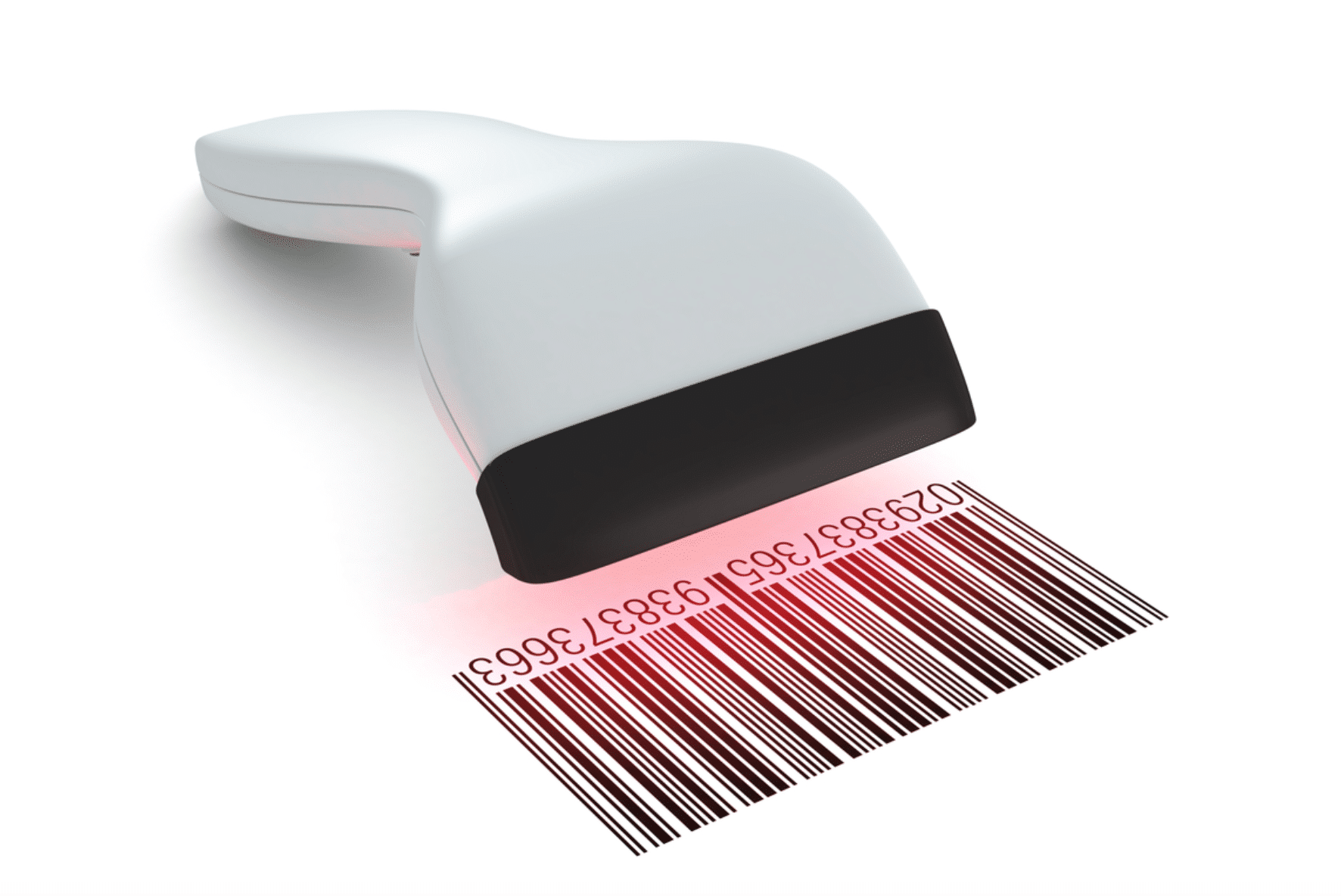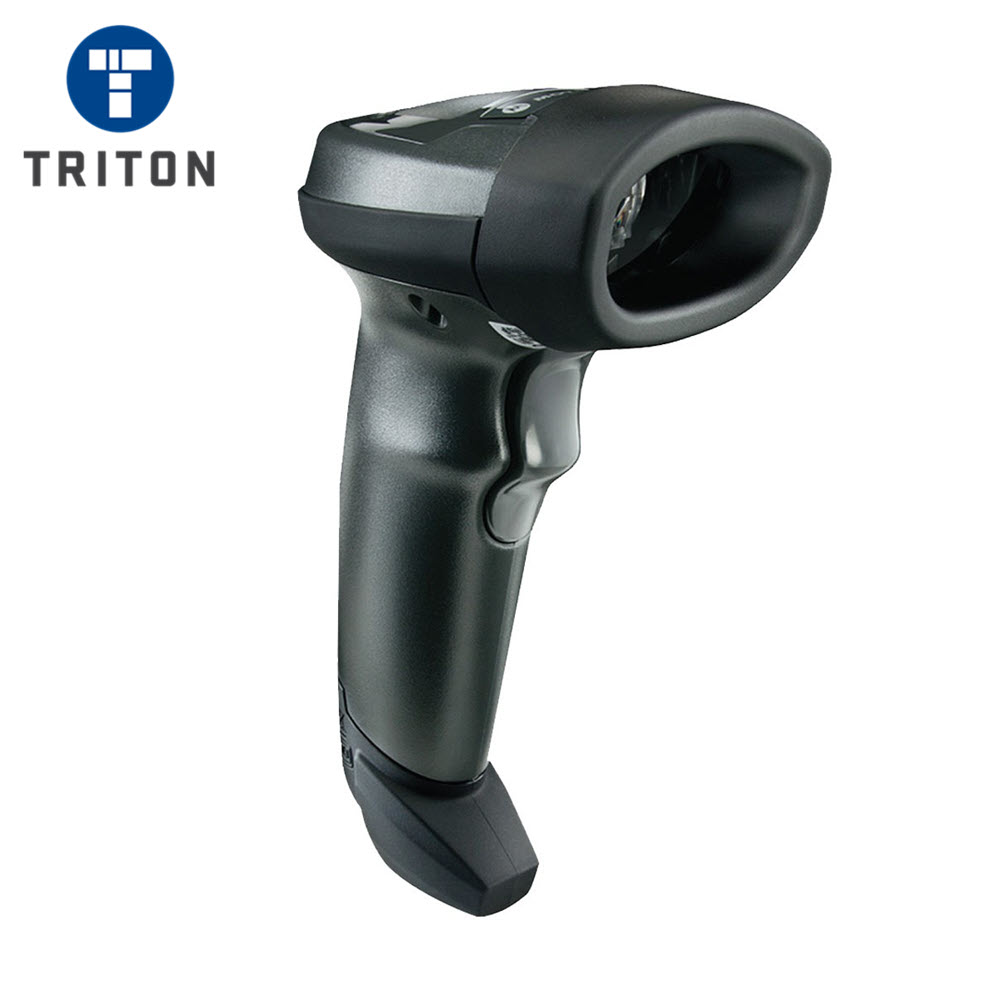Barcodes Scanners with Modern Technology for Efficiency
Barcodes Scanners with Modern Technology for Efficiency
Blog Article
Selecting the Right Barcode Scanner for Your Organization Needs
Selecting the suitable barcode scanner for your company requires a nuanced understanding of your specific functional demands and ecological problems. Aspects such as scanner type, speed, and compatibility with existing systems play a critical role in determining the right selection.
Recognizing Barcode Scanner Kind
When it concerns selecting a barcode scanner, understanding the different types available is crucial for conference certain service needs. Barcode scanners can be categorized into several kinds, each created for different applications and settings.
Portable scanners are the most typical, providing portability and convenience of use, making them suitable for retail and supply management. They typically link through USB or Bluetooth, giving versatility in operation. Fixed-mount scanners, on the various other hand, are developed for high-volume scanning applications, frequently found in production line or checkout counters. These scanners are installed in a fixed placement, enabling rapid scanning of several items in sequence.
Another type is the mobile computer system, which combines scanning capacities with computing power. These gadgets are ideal for field procedures or storage facility administration, enabling data collection and real-time supply monitoring. Additionally, there are industrial scanners that are constructed to withstand extreme atmospheres, such as severe temperature levels or exposure to dirt and dampness.

Trick Attributes to Take Into Consideration
What crucial features should businesses prioritize when selecting a barcode scanner? Scanning speed is crucial, as faster scanners improve operational efficiency, specifically in high-volume settings. The scanner's capacity to check out different barcode formats is also vital; guarantee it sustains popular kinds like QR codes, UPC, and Code 128 to suit diverse inventory items.
Resilience is another essential feature, particularly for businesses in sturdy settings. Look for versions that are constructed to endure drops, dirt, and dampness. Furthermore, consider the connection choices available; whether you favor USB, Bluetooth, or Wi-Fi, the appropriate connectivity can enhance assimilation with existing systems.

Analyzing Your Company Setting
To successfully pick a barcode scanner, services must analyze their details operational setting. This assessment consists of reviewing the physical layout of the office, the nature of the view website items being scanned, and the common problems under which scanning happens. A retail environment may need portable scanners that can promptly refine deals at the checkout, while a storehouse setup could profit from ruggedized scanners made to endure harsher conditions.
Additionally, consider the volume of scanning required. High-throughput environments may necessitate sophisticated scanning innovations, such as fixed-position scanners or smart phones that can run successfully in busy scenarios. The assimilation capabilities with existing supply monitoring click systems additionally play an important duty; make certain the picked scanner can flawlessly get in touch with software application platforms in use.
Furthermore, analyze the potential for development and scalability. A scanner that fulfills existing needs may not be enough as company expands. By completely analyzing these variables, services can choose a barcode scanner that not only meets prompt demands yet likewise supports long-term operational effectiveness and adaptability. This strategic approach eventually adds to smoother processes and boosted performance.
Budgeting for Your Scanner
Having examined the operational atmosphere and identified the certain needs for a barcode scanner, the next step entails careful budgeting to make certain a smart economic investment. Establishing a budget plan begins with figuring out the overall expenses associated with the scanner, including first purchase cost, functional costs, and possible maintenance fees.
When choosing a barcode scanner, think about the series of available alternatives, from handheld gadgets to fixed-position scanners, as rates can vary dramatically. It is important to stabilize price with functionality; choosing for an extra inexpensive design might lead to increased operational ineffectiveness if it does not satisfy your business needs.
Along with the equipment, consider prices related to software application, training, and prospective upgrades. While it may be alluring to minimize upfront expenditure, investing in a high quality scanner that straightens with your functional demands can generate long-term savings through improved effectiveness and decreased downtime.
Finally, take into consideration the complete price of possession, which incorporates the scanner's life-span and possible resale worth. By diligently intending your budget, you can make sure that your financial investment find in a barcode scanner will certainly improve your functional efficiency and monetary performance.
Integration With Existing Solution
Integrating a barcode scanner with your existing systems is important for maximizing its efficiency and guaranteeing seamless procedures. barcodes scanners. A well-integrated scanner boosts process effectiveness, decreases errors, and increases information processing. When selecting a barcode scanner, consider compatibility with your existing software and hardware framework, including your stock management systems, point-of-sale (POS) systems, and enterprise source planning (ERP) solutions
Review whether the scanner utilizes conventional protocols such as USB, Bluetooth, or Wi-Fi, which can promote simple combination. Additionally, examine whether the scanner's software application offers APIs or SDKs that permit personalization and integration with exclusive systems. This is especially essential for organizations with special operational needs.
As your organization expands, your systems must be able to suit additional scanners and handle enhanced data volumes without considerable reconfiguration. Eventually, spending in a barcode scanner that perfectly integrates with your existing systems will certainly produce long-lasting advantages, enhancing accuracy, effectiveness, and general performance within your procedures.

Verdict
To conclude, choosing an ideal barcode scanner necessitates a comprehensive evaluation of numerous aspects, consisting of scanner types, important features, and the certain organization atmosphere. Appropriate budgeting for both acquisition and functional expenses is crucial, together with guaranteeing compatibility with existing systems. By meticulously thinking about these elements, services can improve efficiency and performance, eventually leading to boosted operational end results. The appropriate barcode scanner acts as a vital device in improving procedures and helping with effective stock monitoring.
Report this page